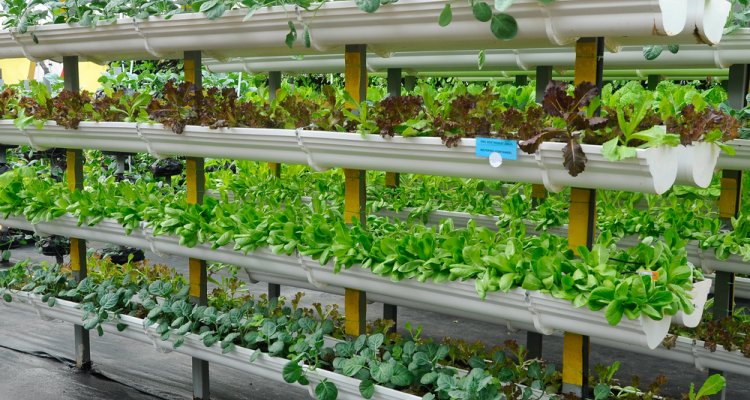
Project
FERTINNOWA
In European countries, the cultivation of fertigated crops frequently suffers from a scarcity of water, and the intensity of cultivation poses significant potential risks to water quality.
The main objective of the FERTINNOWA thematic network is to create a meta-knowledge database of innovative technologies and practices for the fertigation of horticultural crops. FERTINNOWA will also build a knowledge exchange platform to evaluate existing and novel technologies (innovation potential, synergies, gaps, barriers) for fertigated crops and ensure wide dissemination to all stakeholders involved of the most promising technologies and best practices.
A multi-actor integrated approach will be used through the FERTINNOWA platform which will involve various stakeholders (researchers, growers, policy-makers, industry, environmental groups etc.) at several levels including the socio-economic and regulatory level (national and European) with a special focus on the EU Water Framework Directive and Nitrate Directive. Information will be gathered at national level to feed a European benchmark study that will evaluate and compare existing technologies used at various horticulture sectors, including vegetables, fruit and ornamentals in different climate zones.
All tools, databases and other resources generated will be shared within the consortium and the stakeholders’ group and will be made available to the broader scientific community, policy-makers, the industry and the public at large. FERTINNOWA will help the growers to implement innovative technologies in order to optimize water and nutrient use efficiency thus reducing the environmental impact.
Expected results
- Close the gap between knowledge and growers with regards to fertigated crops through the gathering of knowledge, state-of-the-art, and innovative solutions, sharing of this knowledge, best technologies and practices, and the continuous involvement of the growers
- Support to action: including water reuse and recycling, water and waste-water treatment with recovery of resources, water governance, and decision support systems and monitoring
- Harmonise horticulture with essential natural resources on which farming depends and ameliorate the management of natural resources – in line with environmental requirements – to increase horticultural productivity and output sustainability
- Increase the application of water-related solutions and validation of at least 8 innovative technologies and best practices which will result in the further development of sustainable water solutions for fertigated crops
- Showcase of relevant exchanged technologies by consortium partners to local growers during field visits
- Provide growers with effective informative and dissemination tools in the different languages on how to implement and use the appointed technologies.